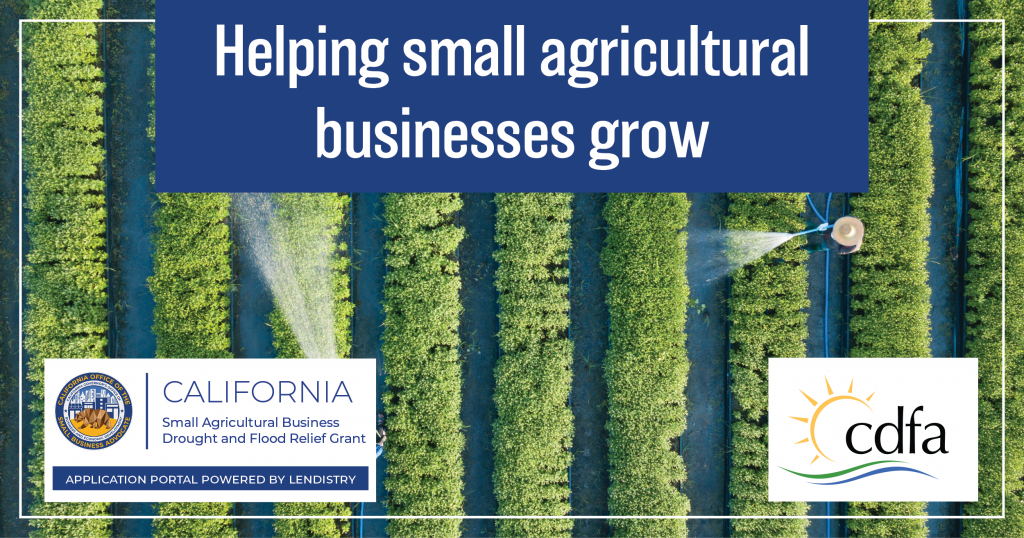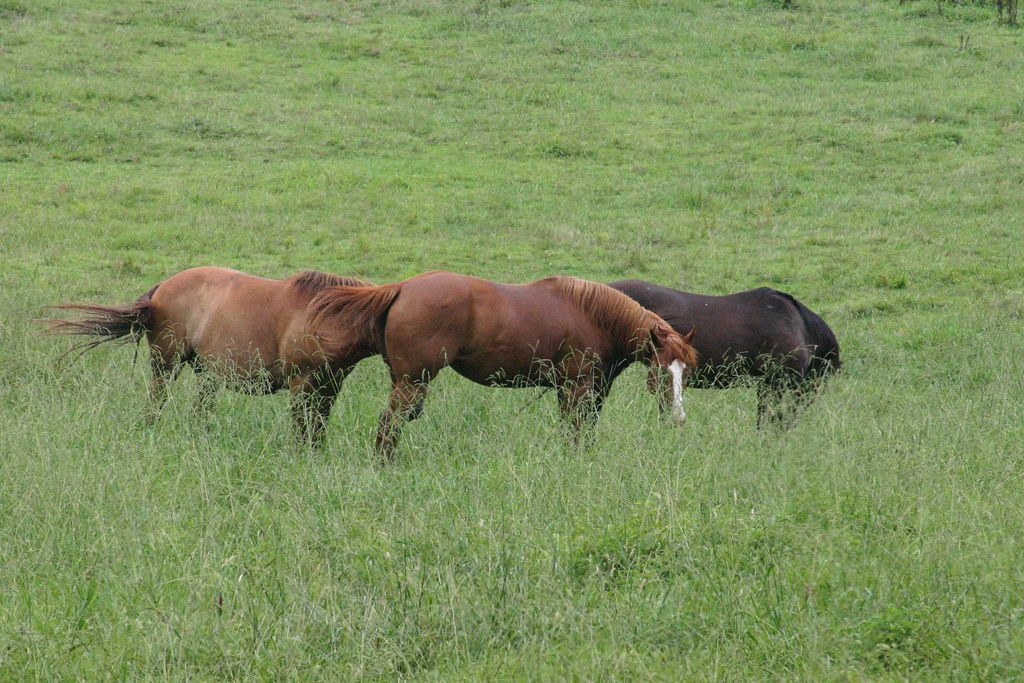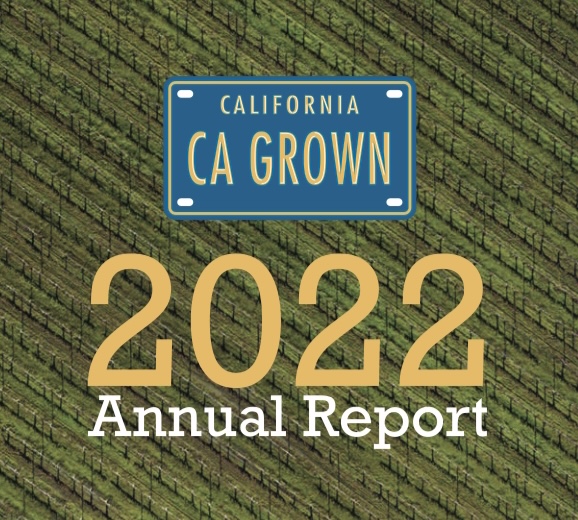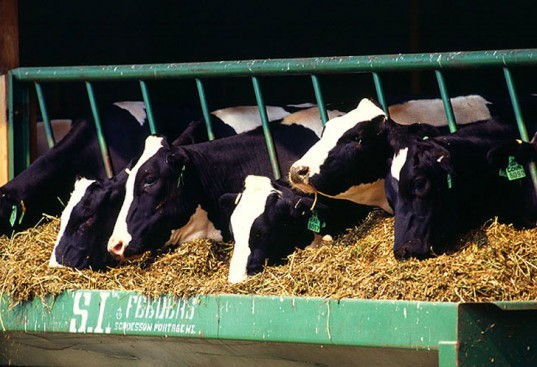From a news release by the California Association of Winegrape Growers
CDFA Secretary Karen Ross has been honored as the 2024 Leader of the Year by the California Association of Winegrape Growers (CAWG).
Secretary Ross served as the first woman president of CAWG for 13 years before being named chief of staff for US Agriculture Secretary Tom Vilsack. In 2011, Secretary Ross was appointed by Governor Edmund G. Brown as California’s Secretary of Agriculture, and she was reappointed by Governor Gavin Newsom in 2019.
Her tenure at CDFA has been marked by significant progress in sustainability, food security, and agricultural innovation. Secretary Ross’ inclusive and collaborative approach to policymaking has made her a friend of stakeholders across the agricultural spectrum. Under her leadership, California’s agriculture industry has thrived while simultaneously addressing environmental concerns and ensuring the well-being of farmers throughout the state.
“Secretary Ross’s visionary approach and collaborative nature, both during her tenure as President of
CAWG and demonstrated through her leadership as Secretary of CDFA, have paved the way for the
continued success of California’s winegrape industry,” said CAWG president Natalie Collins. “As we approach the celebration of CAWG’s 50th anniversary in 2024, honoring Secretary Ross as our Leader of the Year holds a special significance.”
“My first reaction was to be embarrassed because I don’t feel worthy of this award, knowing some of the
past recipients include past chairs, legends, and icons in the industry, and I thought holy cow – I’ve always
gotten to do what I loved and I always told people that was the best job that I have ever had,” said Secretary Ross. “But, receiving this award is such an honor, and I am truly humbled that the people I got to work for, and I got to serve, all these years later still think of me as worthy of this honor.”
CAWG is also honoring Sangiacomo Family Vineyards of Sonoma County as its 2024 Grower of the Year.
The awardees will be recognized at CAWG’s “Awards of Excellence” reception in January.











